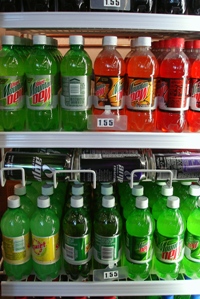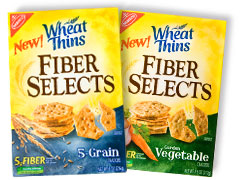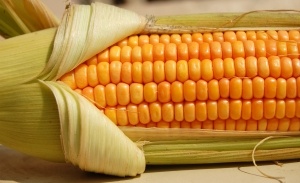
UPDATE [9/14/2026]: Although it may take the FDA another year to decide to approve the Corn Refiner’s Association’s (CRA) request to use the term “Corn Sugar” instead of “High Fructose Corn Syrup,” groups representing sugar producers are suing the CRA over an ad campaign that promotes the idea that “your body can’t tell the difference” between the two sweeteners. The Associated Press reports that a ruling to dismiss the case will be decided by U.S. District Judge Consuelo Marshall soon, but a time frame has not yet been determined.
Health experts remain in disagreement over the dangers of high fructose corn syrup, but many have pointed out that changing the name won’t change the nutritional profile of substance. “Whether they decide to call it ‘High Fructose Corn Syrup’ or ‘Corn Sugar’, its the same processed sugar and 60 calories per tablespoon,” tweeted Joy Bauer, MS RD CDN,
this afternoon.
The Corn Refiner’s Association of American has decided that the negativity surrounding the name High-Fructose Corn Syrup is harming the sale of the product. As a result, they’ve moved to make the name more consumer-friendly. High-Fructose Corn Syrup will now be known as “Corn Sugar”, if the CRA has its way.
The CRA applied for an official name change on Tuesday, but the approval could take more than two years. That’s of no concern to the CRA, however, who has already created a web site and begun to refer to the product as Corn Sugar in television commercials.
Consumption of HFCS has reached a 20 year low, with consumers avoiding the product due to a concern with the products effect on the health of the nation. The CRA is capitalizing upon the consumer who looks for the words “cane sugar” and hopes to show that sugar is sugar, no matter the source. (more…)





 Approximately one-third of the U.S. adult population and 17 percent of children are considered obese according to
Approximately one-third of the U.S. adult population and 17 percent of children are considered obese according to 




